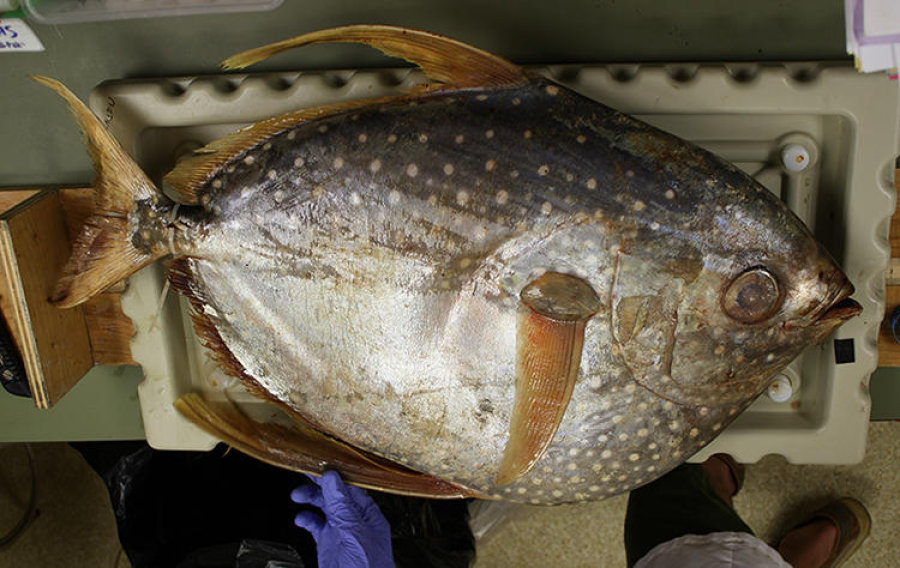
Climate change could be driving up the mercury level among fishes
The mercury levels in the various life forms have been a cause of concern for a long time. in the recent studies done by a university of Sweden, the findings could further worsen the situation.
According to the researchers, the mercury levels in the fishes that from a huge portion of the staple food eaten across various nations of the world could be rising at an alarming level as a result of the climate change. Reason being, as the ice caps across the continents result in the rise of precipitation over the mining enriched area, the mercury runs off to the marine ecosystem. Mercury has been vital to the various mining activities. Although a lot of international pacts and regulations like the Minamata convention on mercury poisoning have been in place since 2013, but the governments of the world are yet to see any tangible difference in the marine life quality, which ultimately affect the human lives as well.
Mercury is metabolized by the various marine fishes and get accumulated in their bodies in the form of methylmercury, which is an extremely dangerous organic complex. It can cause mental retardation, damage to the nervous system, paralysis and hemiplegia among humans when taken for a sustained period of time. This phenomenon is called as biomagnifications among the organisms at the various levels in the food chain. The first cases of mercury poisoning also called the Minamata disease was observed among the Japanese.
The researchers point out the current trend in the mercury emission and the unchecked run-off to the marine ecosystems and other water bodies can lead to an increase in the current levels of mercury by about 15-20 percent across most species of fishes. Even this day, almost all species of fishes have some trace level of mercury in them. The reckless mercury emission and the climate change can result in a slow recovery from this predicament.


